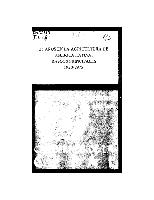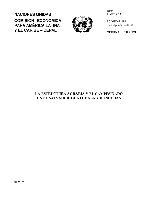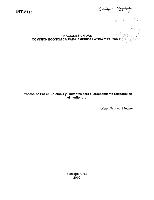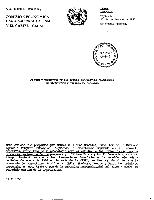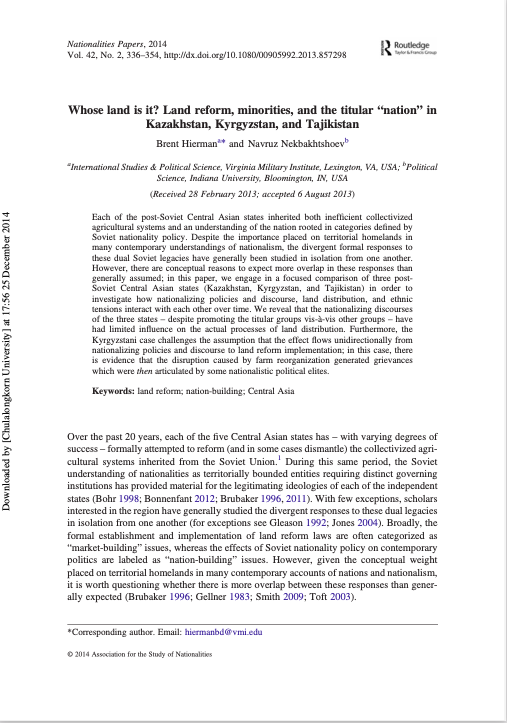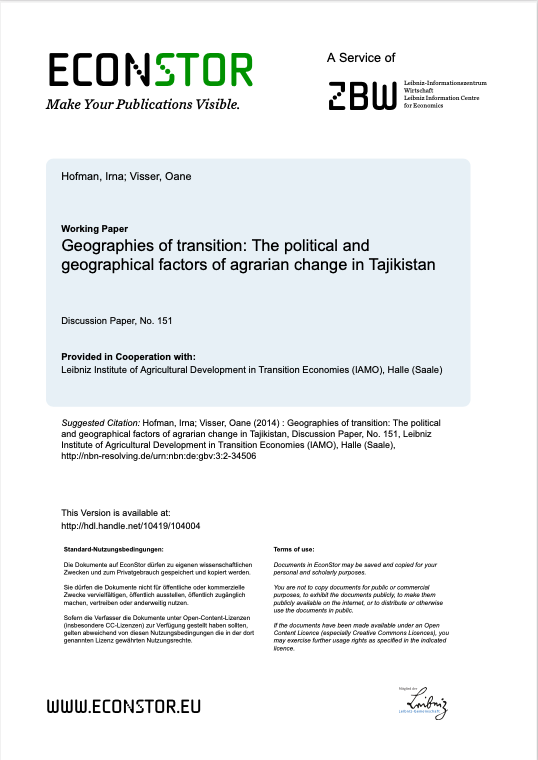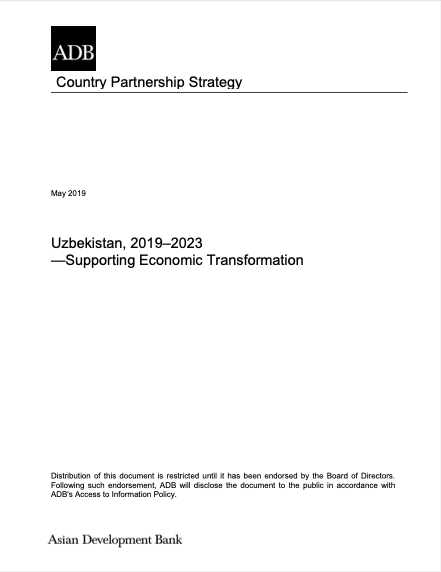La estructura agraria y el campesinado en El Salvador, Guatemala y Honduras
Resumen
El sector rural y agropecuario de Guatemala, Honduras y El
Salvador sigue manteniendo diferencias marcadas entre un subsector moderno y muy
tecnificado y otro, más numeroso, con baja eficiencia en el aprovechamiento de
los recursos. Este contraste provoca una incapacidad para cubrir las necesidades
en alimentos de la población, acelera el ritmo de degradación de los recursos
naturales, genera desempleo y eleva los indicadores de pobreza rural.
En la estructura agraria de estos países se observa aún una
Origen y evolución de las formas asociativas campesinas de producción y trabajo en Colombia
Analiza los distintos sistemas productivos que coexisten en el sector rural en Colombia, e intenta determinar la importancia de las formas asociativas campesinas de produccion y trabajo, y presentar sus caracteristicas principales.
A GUIDE ON PUBLIC LAND AQUISTION WITHIN COMMUNITY LAND

With the promulgation of the Constitution of Kenya, 2010 (CoK 2010), land was classified into public, private and community lands, occasioning the need for clear guidelines on acquisition of public land acquisition within the community land while appreciating the provision of the Community Land Act, 2016.
Whose land is it? Land reform, minorities, and the titular “nation” in Kazakhstan, Kyrgyzstan, and Tajikistan
Each of the post-Soviet Central Asian states inherited both inefficient collectivized agricultural systems and an understanding of the nation rooted in categories defined by Soviet nationality policy. Despite the importance placed on territorial homelands in many contemporary understandings of nationalism, the divergent formal responses to these dual Soviet legacies have generally been studied in isolation from one another.
Geographies of transition: The political and geographical factors of agrarian change in Tajikistan
After more than two decades of agrarian change in Tajikistan, farming structures seem to crystallise. The first signs towards farm individualisation were observed only around 2000, which were the result of significant pressure from outside, when the post-conflict state was highly susceptible to pressure from multilateral institutions. Over time, striking differences in agrarian structures have emerged nation-wide; from highly fragmented, autonomous farms, to elite-controlled large-scale cotton farming.
Uzbekistan: Country Partnership Strategy (2019-2023)
Uzbekistan has embarked on significant reforms since early 2017, aiming to improve the lives of ordinary citizens, enable business development, and open up to neighbors. The scale of changes is unprecedented. The new government aspires to modernize the country and to move it toward upper middle-income status. The formulation of the country partnership strategy (CPS) of the Asian Development Bank (ADB) is timely for supporting this reform agenda through investment financing, policy support, and capacity development.
Ecuador : case study; analysis of the agricultural sector - work document, first draft
Heterogeneity, commons and privatization : agrarian institutional change in Goa
Land and development in Latin America : openings for policy research
Effective land policy reform is strewn with complexities and pitfalls. The paper focuses on land tenure, access and use in rural settings, and suggests that Latin America is home to some worrisome trends as well as the rich array of initiatives on land issues. By surveying the literature and examining the issues this study points to areas needing attention from researchers and policymakers.
Land reform
This chapter uses both classic and contemporary literature to trace how land policies, and particularly land reform, have gained, lost, and regained prominence in development strategies and debates since the Second World War. It introduces contemporary issues and debates on gender and generational issues in land policy and land grabbing involving sometimes spectacularly large corporate land deals, and concluding with reflections on new ideas of food and land sovereignty that drive today’s agrarian movements.

